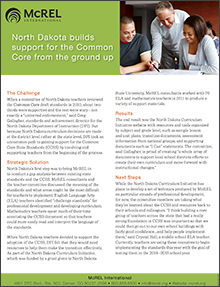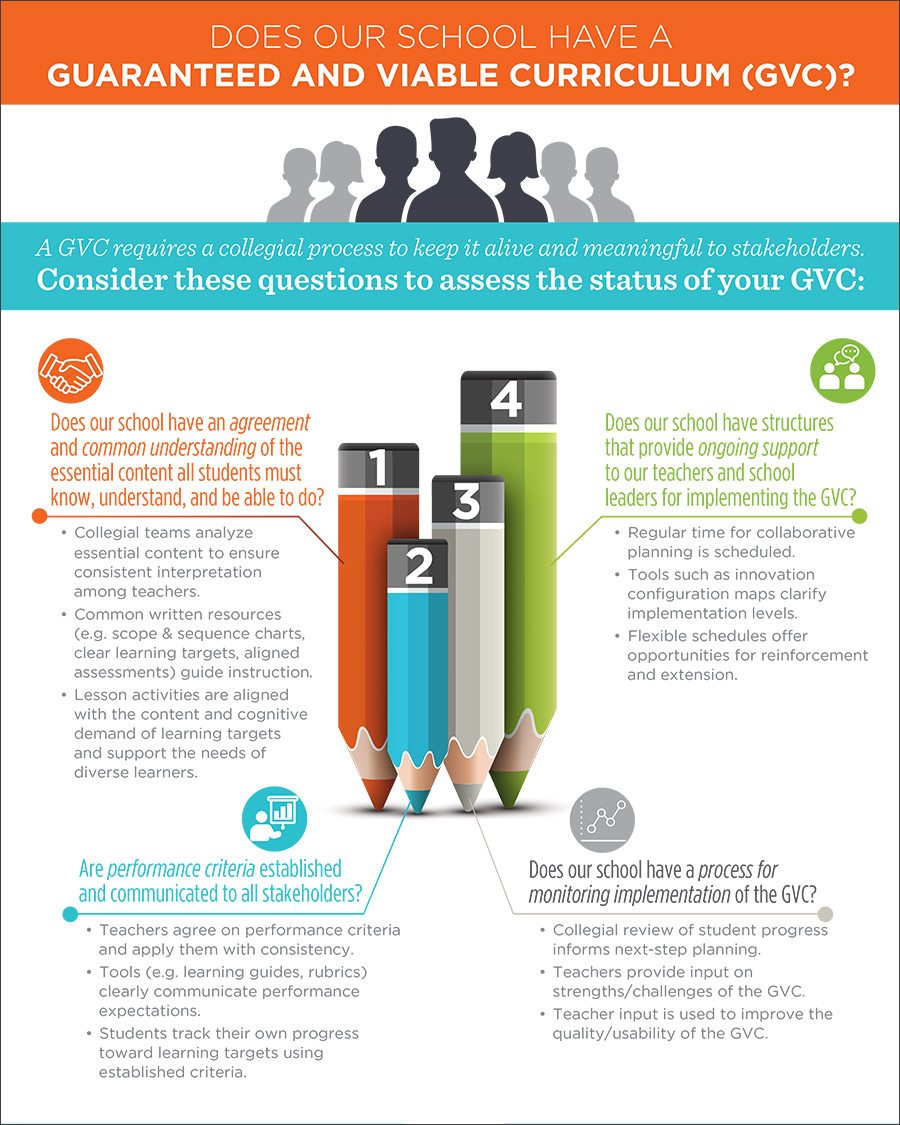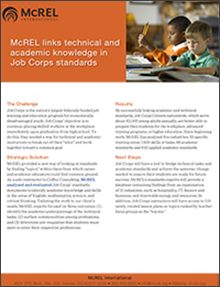As a research organization, McREL conducts large studies to develop evidence of effectiveness for a variety of programs, as well as smaller projects, like fast-response studies, that address client-specific needs. McREL will ensure that data collected through focus groups, interviews, and classroom observations adheres to concerns for privacy and security. All research and evaluation projects are managed in a manner consistent with the Program Evaluation Standards developed by the Joint Committee on Standards for Educational Evaluation, and all McREL employees adhere to the American Psychological Association’s Code of Ethics and work under a set of core values aligned with the American Evaluation Association’s (AEA’s) Guiding Principles for Evaluators (2018).
McREL staff have been involved in prior reviews of the Guiding Principles in service to the AEA, have taught graduate-level evaluation courses using the Program Evaluation Standards, and have infused the standards into national presentations as well as internal conversations regarding evaluative practice.




